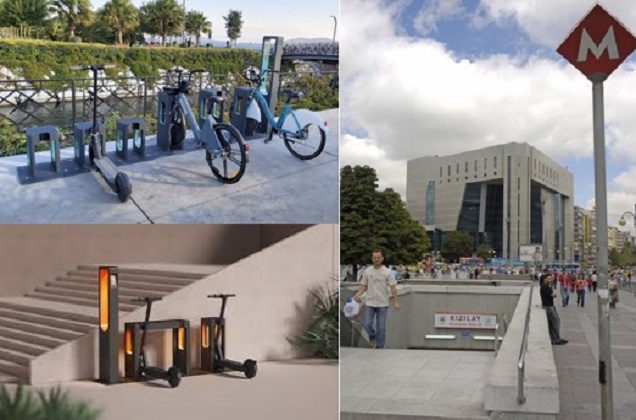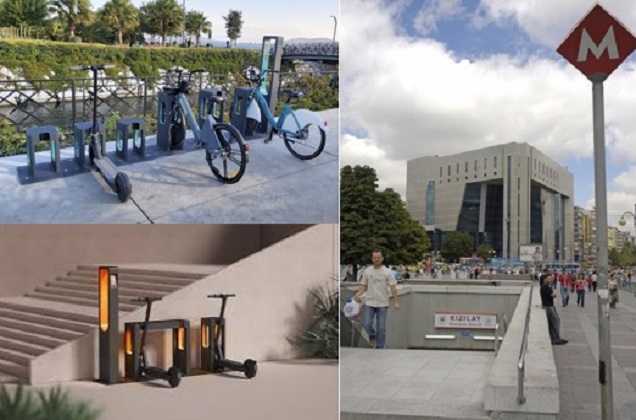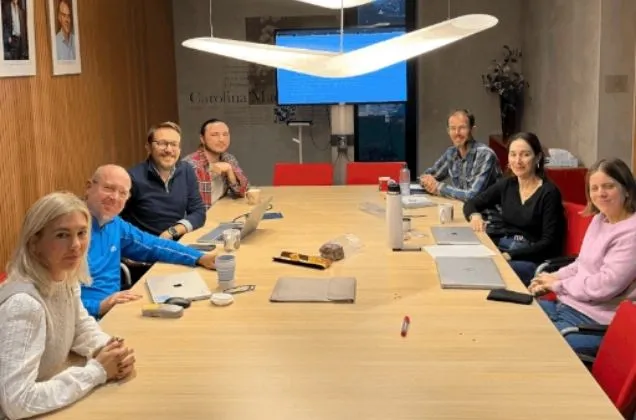18/11/2021
Electric bikes and charging stations are being installed at different locations in Ankara with the project entitled ‘Integrating a Connected Micromobility Infrastructure to the Existing Public Transport – MeHUB’, implemented by Sabancı University.

Ankara Metropolitan Municipality will implement sustainable, environmental-friendly public transport services in the framework of the project implemented jointly by Sabancı University and DUCKT company. During the first stage of the project, 25 electric bikes will be deployed for test purposes and 60 chargers at different locations will be installed to serve them.
Supported within the framework of the EIT Urban Mobility Program, and coordinated jointly by Sabancı University and DUCKT company, the MeHUB project aims to help organize public space in the urban environment, lower operation costs for micromobility operators, and create a better Mobility-as-a-Service (MaaS) experience for citizens with the connected and universal micromobility charging infrastructure solution.
The project is implemented with the Smart Mobility and Logistics Lab by Bülent Çatay, member of Sabancı University Faculty of Engineering and Natural Sciences (FENS). In the framework of the project, he works with Mir Ehsan Hesam Sadati, part-time faculty member of FENS, to develop operational research models and algorithms in order to support decision-making on charging infrastructure, and will measure scalable benefits of the infrastructure.
Providing information about details of the project, Bülent Çatay said the following: “The project was started with a MaaS approach. In this context, a pilot study is being carried out to integrate last-kilometer solutions with existing public transportation hubs, reduce burden on public transport and traffic congestion through the use of e-bikes and e-scooters, ensure that these vehicles are supported by smart and connected locking against vandalism, decrease carbon emissions, and create alternative solutions for efficient and electric personal mobility post COVID-19”.




